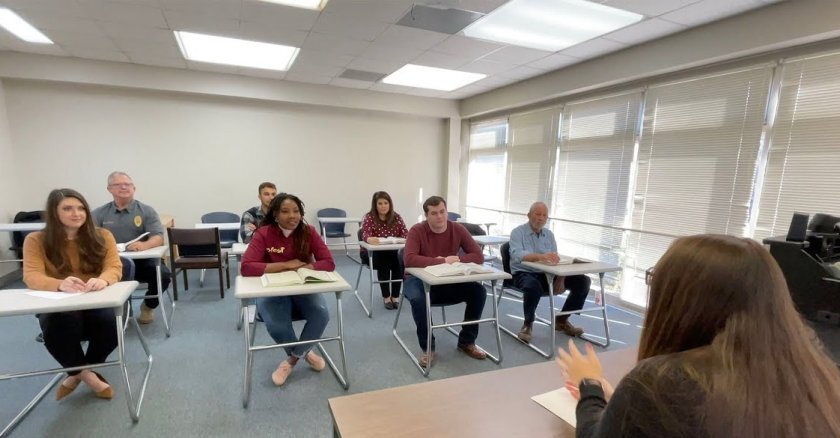Recognizing the potential of competency-based hiring to address both sides of this crisis, some states and employers have begun to lead the way. This approach focuses on a candidate's knowledge and skills rather than traditional degrees and pedigrees, thereby widening the talent pool and enabling countless Americans to progress economically. There’s plenty of potential for progress, given that 32 million individuals employed in low- or middle-wage jobs have the necessary skills to move into higher-paying roles but lack a bachelor's degree.
States including Alaska and New Jersey have taken bold steps in embracing this philosophy, marking significant political and philosophical shifts. However, the challenge lies ahead in implementing and refining these changes.
For the past four years, Alabama has been building the country’s first statewide talent marketplace based on competencies, not just credentials. The goal is to significantly increase the number of skilled and well-paid workers in the state. Alabama faces one of the most severe worker shortages in the U.S. with a labor force participation rate of only 57 percent. Gov. Kay Ivey set the ambitious target of adding 500,000 credentialed workers to the labor force and surpassing the national labor force participation rate of 63 percent by 2025. Achieving this goal requires a statewide mandate and collaboration across various agencies.
To lay the groundwork for skills-based hiring, Alabama started by defining what constitutes a “good job.” Leaders from education, labor and other relevant sectors worked together to identify high-demand, high-potential career pathways in the state and determine the associated competencies.
Embracing skills-based hiring goes beyond merely removing degree requirements. States need to adopt a comprehensive approach that includes eliminating other barriers to work, re-evaluating education pathways, addressing public-benefits cliffs, improving transportation access and increasing the availability of affordable child care.
In Alabama, representatives from each of the state's seven workforce regions play a crucial role in ensuring that the unique economic and workforce needs of different communities are considered. The effort focused on 16 industry sectors, resulting in almost 400 associated in-demand jobs and numerous associated career pathways.
Rethinking how education connects with career pathways was a critical step for Alabama. The state embraced competency-based education, particularly in community colleges. Competency-based education defines and measures knowledge, skills and career-relevant behaviors, emphasizing what individuals genuinely know and can do. This approach allows learners to assess their strengths and weaknesses, while employers can better communicate their specific needs from prospective workers, moving beyond a simple degree requirement.
Currently, Alabama is piloting a new online, data-enabled marketplace to facilitate matches between workers and employers based on consistently defined competencies. By fall, the marketplace will be accessible to all employers in the state.
Achieving widespread competency-based hiring is a journey that requires sustained effort. Alabama's experience demonstrates that making a meaningful impact on hiring and opportunity demands more than a one-time announcement or the work of a single agency.
The shift toward competency-based hiring presents a promising pathway to address workforce shortages and improve economic prospects for millions of Americans. By valuing skills over degrees, states and their employers can tap into a vast pool of untapped talent, fostering a more inclusive and prosperous future. While challenges lie ahead, the transformative potential of this approach demands steadfast commitment and collaboration from policymakers, employers and job-seekers alike.
Tim McCartney is chairman of the Alabama Workforce Council.
Governing’s opinion columns reflect the views of their authors and not necessarily those of Governing’s editors or management.
Related Articles













